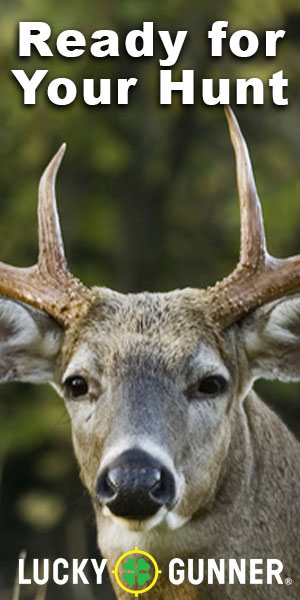Preserving Wildlife for Future Generations
Hunting, often viewed as a contentious topic, plays an unexpected and crucial role in wildlife conservation. At the heart of this role lies ethical hunting, a practice that not only respects the environment and the animals it involves but actively contributes to the preservation of biodiversity. Responsible hunters are not just sportsmen seeking trophies; they are stewards of nature who understand the intricate balance between hunting and conservation.
Understanding the Connection: Conservation and Ethical Hunting
Ethical hunting is based on the principle that the responsible harvest of game species can lead to better conservation outcomes. This concept may seem counterintuitive at first glance, as hunting involves taking the lives of animals. However, when done sustainably and ethically, hunting can actually aid in controlling wildlife populations, mitigating overpopulation, and preserving ecosystems.
Conservation and Ethical Hunting are inseparable concepts, intricately woven together to ensure the protection of our planet’s rich biodiversity. Ethical hunting stands as a crucial tool in the arsenal of conservationists, offering a means to balance nature’s delicate equation while maintaining the thrill of the hunt.
Selective harvesting, a cornerstone of ethical hunting, involves carefully choosing which animals to target. This practice aims to remove animals that are old, injured, or beyond their reproductive years, thereby allowing younger and healthier individuals to thrive. By thinning out the older population, hunters play a role in enhancing the overall genetic health of a species. This practice closely mimics the natural processes that would occur if predators were present in the ecosystem, helping to maintain a balanced and healthy wildlife population.
Hunters as Conservationists
Conservation and Ethical Hunting walk hand in hand, creating a harmonious relationship between humanity and the wild. Hunters who adhere to ethical principles are among the foremost advocates for conservation. They understand that the longevity of their sport and the well-being of the natural world are intertwined. To this end, ethical hunters engage in a number of practices that align with conservation goals:
- Adhering to Regulations: Responsible hunters meticulously follow hunting regulations set by wildlife management agencies. These regulations are designed to ensure sustainable hunting practices that prevent overexploitation and maintain healthy populations.
- Contributing to Conservation Organizations: Many ethical hunters actively support conservation organizations financially and through volunteer efforts. These contributions often fund habitat restoration, scientific research, and anti-poaching initiatives that benefit wildlife as a whole.
- Conservation Through Revenue: Hunting licenses, permits, and fees generate significant revenue that directly funds wildlife conservation efforts. This funding supports critical activities such as habitat restoration, wildlife monitoring, and anti-poaching patrols.
- Habitat Preservation: Ethical hunters understand the importance of preserving natural habitats. They actively advocate for the protection of these areas from industrial development and habitat degradation.
- Data Collection: Hunters often collaborate with researchers and biologists, contributing valuable data on animal populations and behavior. This information is crucial for informed conservation decision-making.
- Respect for the Environment: Ethical hunters have a deep respect for the environment. They practice the Leave No Trace principles, ensuring that their presence has minimal impact on ecosystems.
The Role of Ethical Hunting in Bighorn Conservation
Conservation and Ethical Hunting are the keystones of bighorn sheep preservation. The bighorn sheep, an iconic North American species, exemplifies the intricate relationship between hunting and conservation. Ethical hunting practices have been instrumental in maintaining the health of bighorn populations. By selectively targeting mature individuals, hunters have helped prevent overcrowding, disease outbreaks, and competition for resources within bighorn habitats.
Additionally, ethical hunters have actively contributed to bighorn conservation through financial support for habitat restoration projects and research initiatives. Their involvement has directly contributed to the preservation of bighorn habitats, ensuring that these majestic creatures continue to thrive for generations to come.
Looking Forward: A Holistic Approach
Conservation and Ethical Hunting are the guardians of nature’s delicate balance. Conservation and ethical hunting are not contradictory but rather complementary forces that can work in harmony. Responsible hunters understand the value of a holistic approach to conservation, recognizing that maintaining healthy ecosystems requires the active participation of humans. By practicing ethical hunting, contributing to conservation organizations, and following regulations, hunters become true stewards of the land, actively shaping a future where wildlife and people coexist harmoniously.
In the end, the alliance between ethical hunting and conservation serves as a testament to humanity’s capacity for responsible resource management. By valuing both the thrill of the hunt and the preservation of our natural heritage, hunters demonstrate that they can be integral partners in safeguarding the planet’s precious biodiversity for generations to come. Conservation and Ethical Hunting are not just words; they are a shared commitment to ensure a world where wildlife thrives, and future generations can revel in the wonders of the wild.





